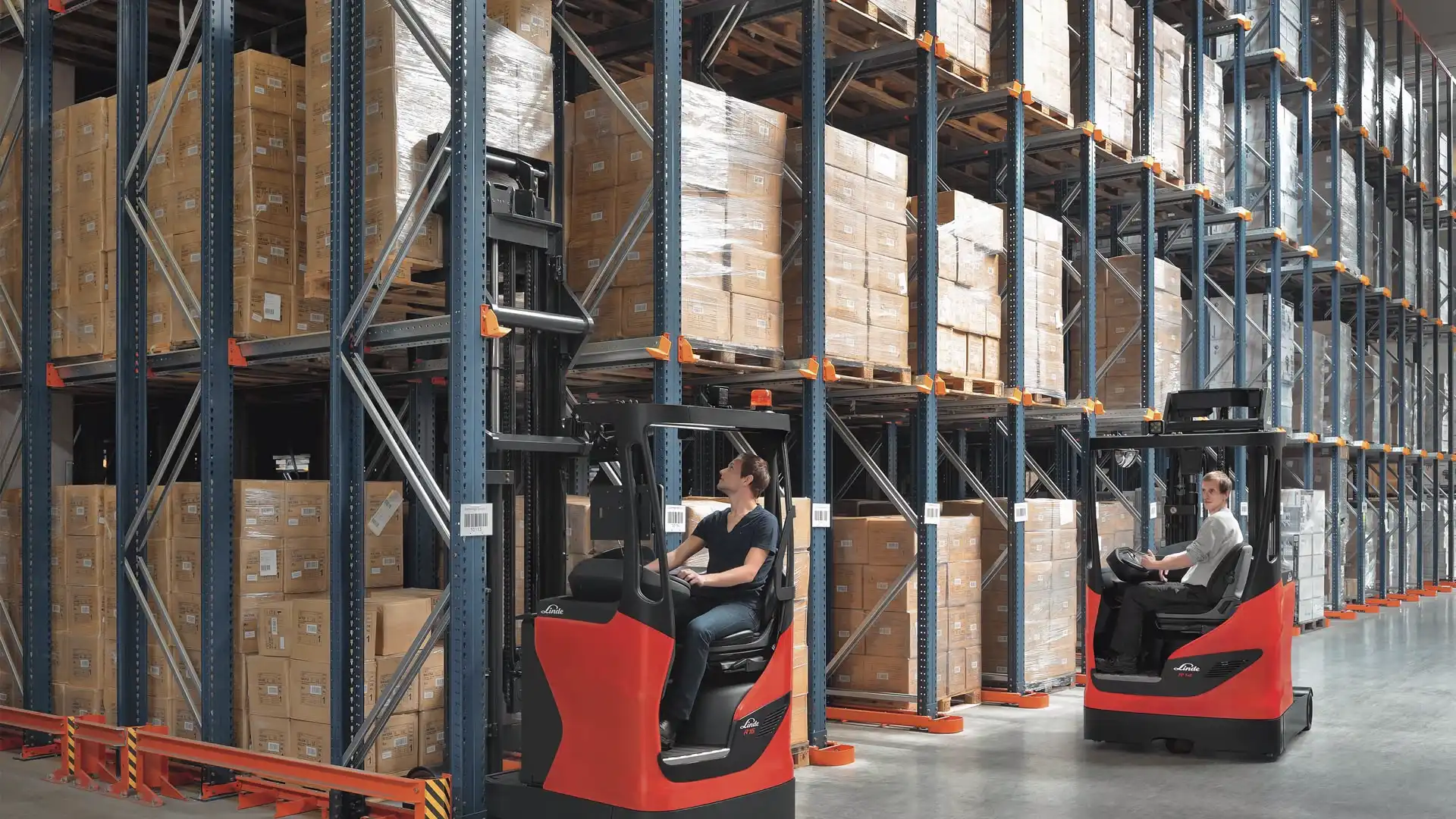The Future of Combustion Forklifts in a Green Energy World
As the world pivots towards green energy, the future of combustion forklifts is being redefined. In this evolving landscape, traditional combustion forklifts are undergoing significant transformations to align with sustainability goals while maintaining their utility and efficiency. Let's delve into the key aspects shaping the future of combustion forklifts in a green energy world.
1. Hybrid Technology Integration
Hybrid technology is at the forefront of making combustion forklifts more eco-friendly. By combining internal combustion engines with electric powertrains, hybrid forklifts offer the best of both worlds. These forklifts can reduce fuel consumption and emissions during operation while still providing the power and endurance needed for heavy-duty tasks. The transition to hybrid models helps in lowering the overall carbon footprint of material handling operations. Forklift
Forklift
2. Cleaner Combustion Engines
Innovations in cleaner combustion engines are playing a crucial role in the greening of forklifts. Engine manufacturers are developing more efficient combustion processes that minimize the production of harmful emissions. Techniques such as advanced fuel injection systems, improved air-fuel mixing, and optimized combustion timing are being employed to create engines that produce fewer pollutants. These advancements are essential in meeting stringent environmental regulations and promoting sustainability.
3. Alternative Fuels Adoption
The adoption of alternative fuels is a significant trend in the forklift industry. Forklifts powered by liquefied petroleum gas (LPG), compressed natural gas (CNG), and hydrogen are becoming increasingly common. These fuels burn cleaner than traditional diesel or gasoline, resulting in lower emissions and reduced environmental impact. Hydrogen fuel cells, in particular, are gaining attention for their ability to provide zero-emission power, aligning perfectly with green energy objectives.
4. Advanced Emission Control Systems
To further reduce the environmental impact of combustion forklifts, advanced emission control systems are being implemented. Technologies such as catalytic converters, particulate filters, and exhaust gas recirculation (EGR) systems are being integrated into forklift engines. These systems help in capturing and neutralizing harmful pollutants before they are released into the atmosphere, ensuring compliance with environmental standards and contributing to cleaner air quality.
5. Energy-Efficient Designs
Energy efficiency is a key consideration in the design of modern combustion forklifts. Manufacturers are focusing on lightweight materials, aerodynamic designs, and energy-saving components to enhance the overall efficiency of forklifts. By reducing energy consumption and optimizing performance, these designs help in extending the operational life of forklifts and minimizing their environmental impact.




